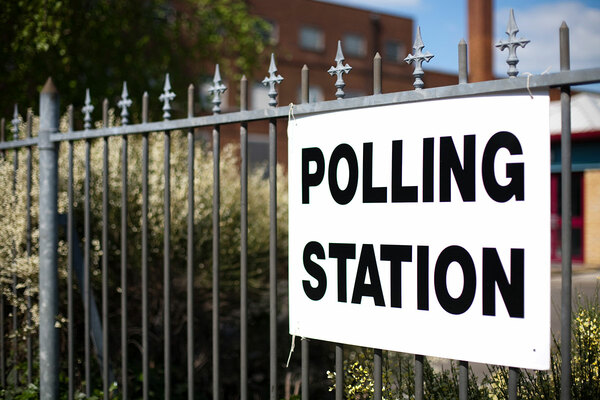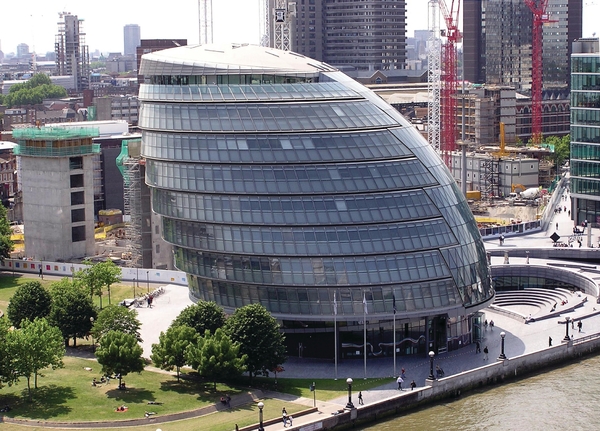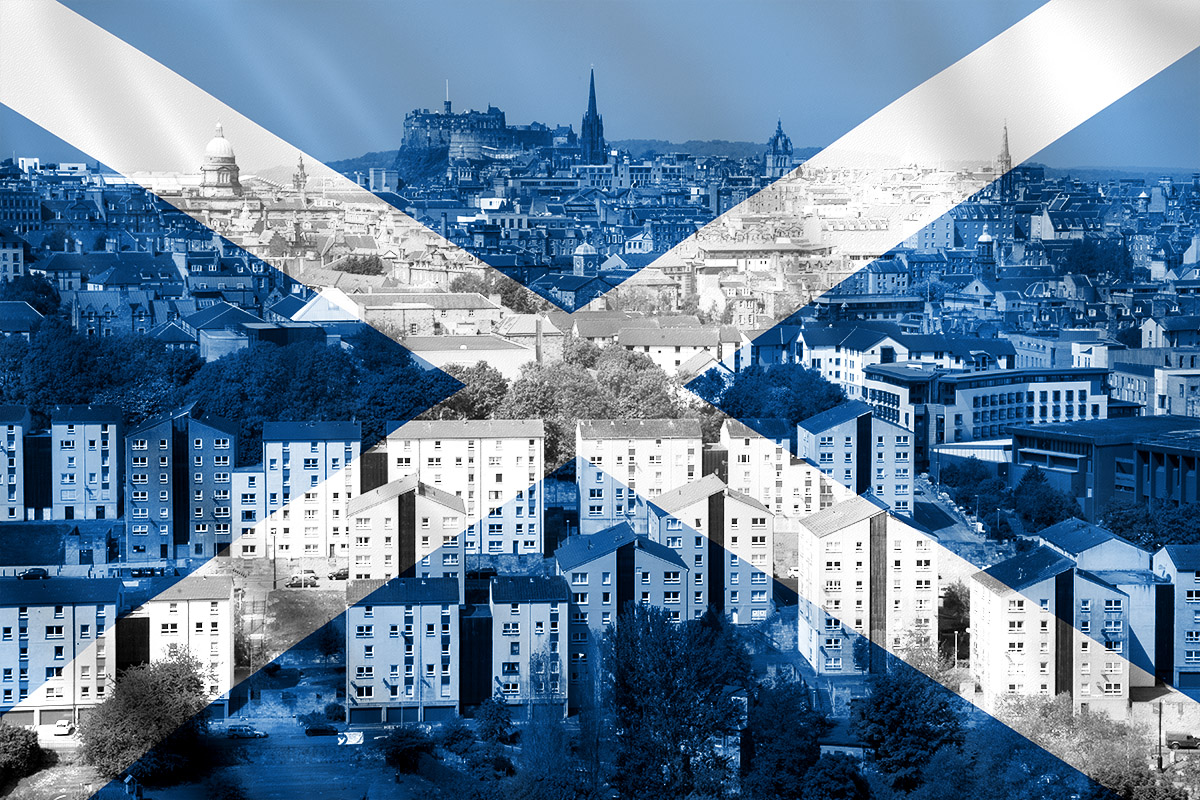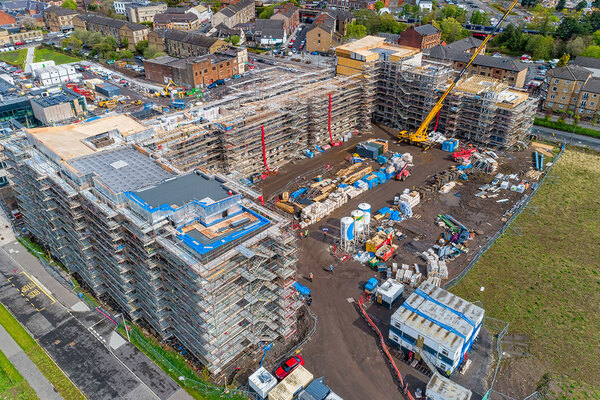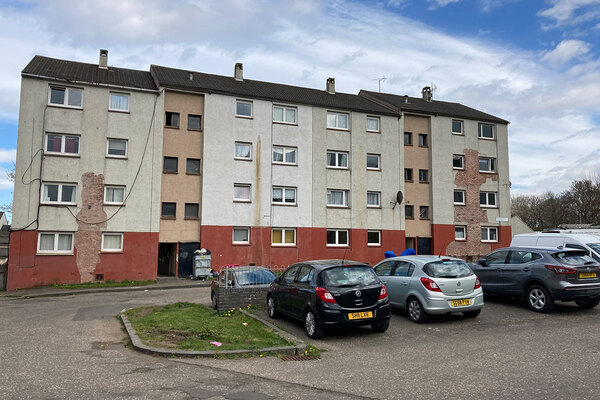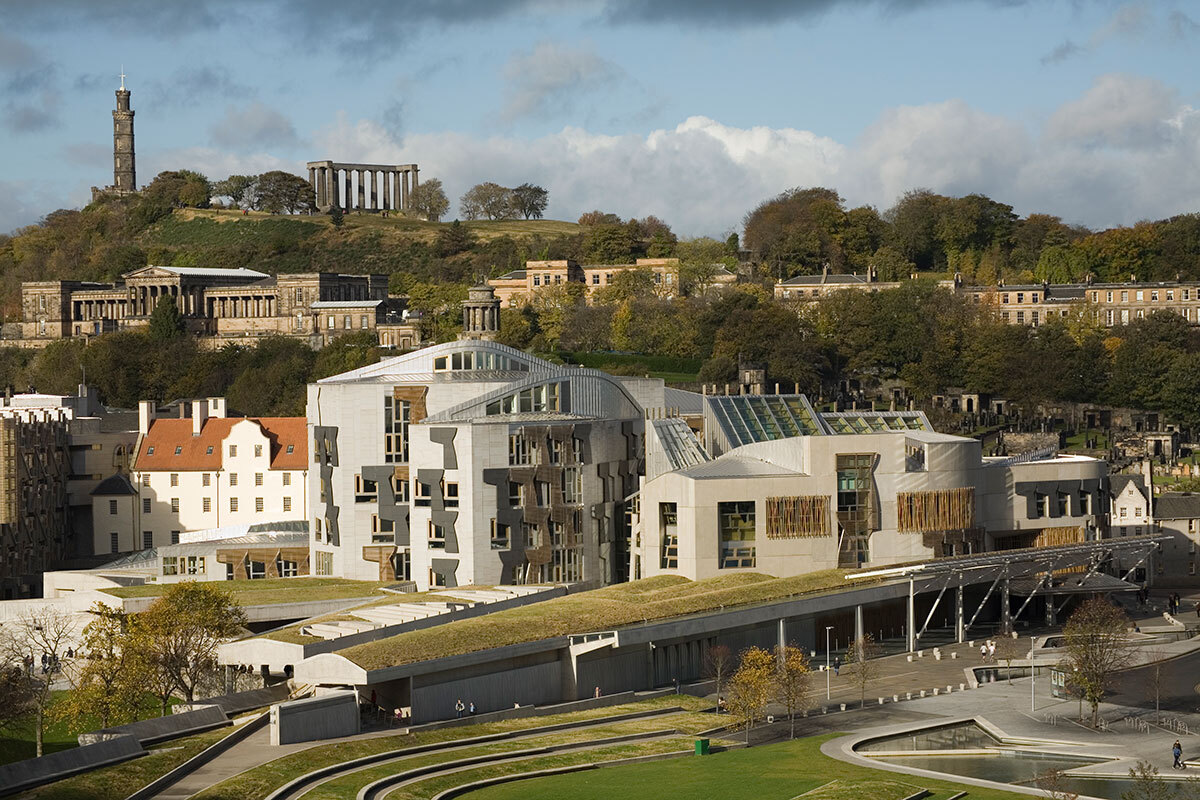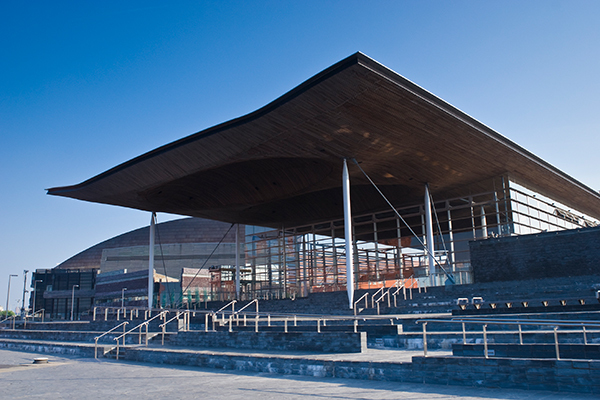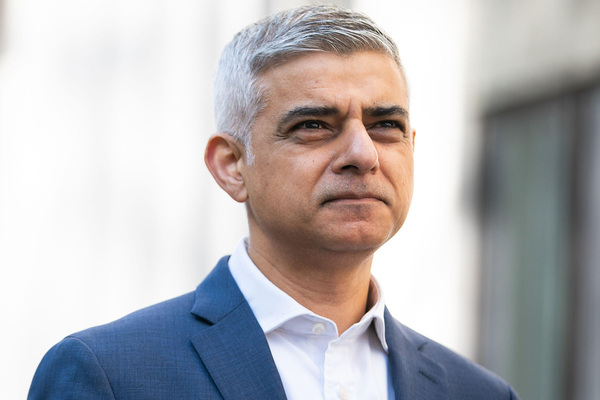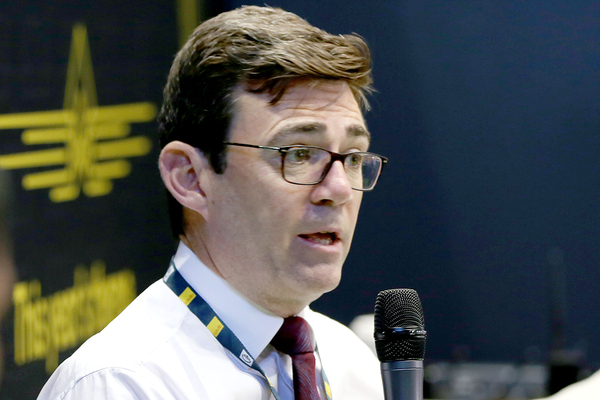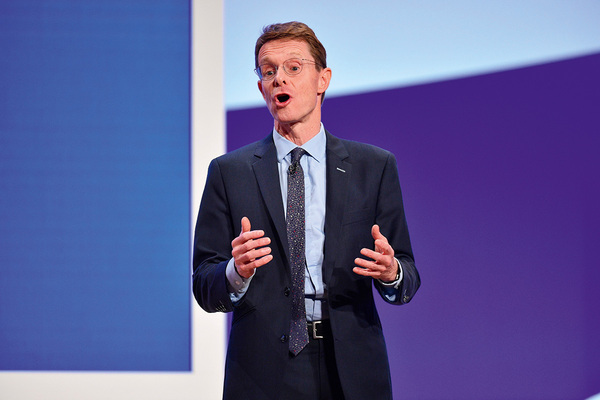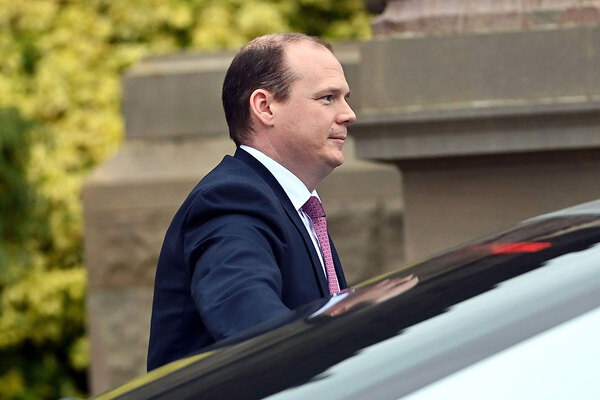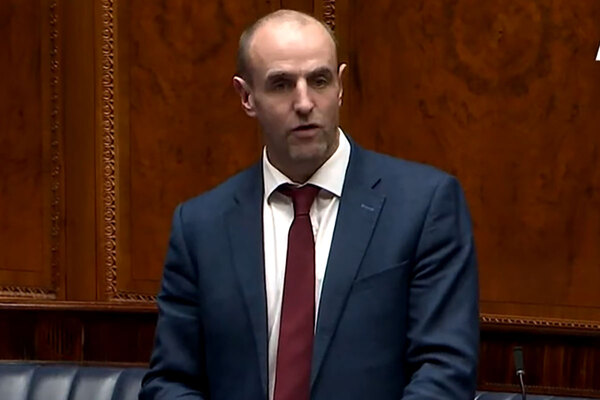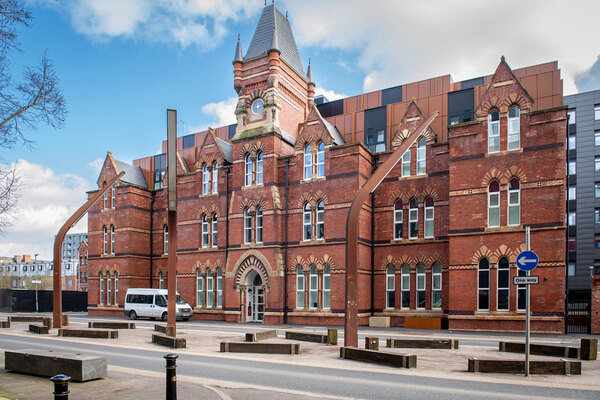You are viewing 1 of your 1 free articles
What the election results mean for housing: the winners’ policies
What do the latest election results mean for housing across the country? The Inside Housing news team takes a look at what the victorious parties and mayors have pledged
The votes have been cast and the election results are in.
In Scotland, the Scottish National Party held on to their control at Holyrood. While in Wales, Labour were once again named as the most popular party and will control Senedd.
The mayoral elections largely went as expected: Sadiq Khan beat Shaun Bailey in London, Andy Burnham was victorious by a huge margin in Greater Manchester, and Andy Street won a tighter race to become the mayor of the West Midlands Combined Authority.
So with the results now in, what does this mean for housing?
To answer this, the Inside Housing news team has pored through the manifestos of the victorious parties and candidates, and picked out the key housing promises.
Scotland – Scottish National Party
The results of the election mean the Scottish National Party (SNP) will remain in charge at Holyrood (pictured above) for a fourth term, following 14 years in power.
In terms of housing, this means the party can begin implementing its Housing to 2040 policy agenda, which was released in March.
One of the headlines of this document is the commitment to deliver 100,000 affordable homes over the next decade, of which at least 70% will be for social rent.
The party has also committed to undertaking a “comprehensive audit” of its homelessness legislation to move the country closer towards the SNP’s goals of ending homelessness altogether.
As part of this goal, we can expect to see a continued expansion of the Housing First model as councils continue to transition towards a ‘rapid rehousing’ approach to homelessness, which aims to reduce the amount of time households spend in temporary accommodation.
Decarbonisation will also be a major focus of the Scottish housing sector over the next five years. Currently, social landlords in Scotland have the target to bring all their stock to a minimum energy performance certificate (EPC) rating of B, where possible, by 2032. The SNP has committed to reviewing this standard in 2023 “with a view to strengthening and realigning it”.
All of this above work will take place under a new minister, as former cabinet secretary for communities and local government Aileen Campbell did not stand for election this year.
As the SNP failed to win a majority, it will be reliant on votes from other parties, most likely Green MSPs, in order to pass any legislation.
It will be interesting to see whether this alliance will push the SNP to be more ambitious on its climate change policies. For example, the Scottish Greens’ manifesto included a commitment for all new homes built from 2022 to meet Passivhaus or other net-zero standards and be connected to the public transport system.
Wales – Labour
Welsh Labour will once again lead the Senedd after being voted the most popular party. It picked up exactly half of seats in the country's elections, leaving it one short of an outright majority.
The party’s manifesto included a commitment to build 20,000 low-carbon social homes over the next parliament, with housing minister Julie James previously stating that this was a “floor” rather than a “target”.
On climate change, Labour is expected to set a target that all social homes meet a minimum EPC rating of A by 2030, which is by far the most challenging target being set for social landlords across the UK.
Like Scotland, the previous Welsh government also set a long-term goal of fully ending homelessness.
In terms of manifesto commitments in this area, Labour has said it will develop a national scheme restricting rent to Local Housing Allowance (LHA) levels for families and young people who are priced out of the private rented market, as well as those who are homeless or at risk of homelessness.
This is a significant promise as the gap between LHA rates, which are set by Westminster, and actual private rents is seen as one of the largest barriers to preventing and ending homelessness.
In its manifesto, Labour also committed to improving building safety. Among the proposals is a plan to develop a fire safety fund for existing buildings.
The previous Welsh Labour government laid out plans for a new building safety regime in its Building Safety White Paper published in January.
London – Sadiq Khan, Labour
Sadiq Khan’s (pictured above) re-election for a second term as London mayor was no surprise. However, it was a tighter race than many expected, with Mr Khan only winning on second round preference votes. The Labour candidate evidently sees housing as one of his strengths and he made it a prominent aspect of his campaign.
The most eye-catching of Mr Khan’s housing promises is to set up a new City Hall-owned developer aimed at boosting affordable housebuilding in the capital.
Starting with a pilot, the mayor’s aim is for the developer to add significant capacity to London’s ability to deliver low-cost homes. He has also been keen throughout to draw attention to the fact that more council homes were started in the capital last year under his watch than in any other year since 1983.
Mr Khan has promised to deliver 10,000 new council homes in his second term through his £4bn chunk of the Affordable Homes Programme (AHP). He also wants to set up a new ‘Right to Buy Back’ fund to help local authorities purchase homes previously sold off through the famous Thatcherite policy.
In November, Mr Khan promised to spend more than half of his 2021-2026 AHP allocation on homes for social rent.
In addition, the mayor has promised to increase affordable housebuilding on public land and to commission a review aimed at streamlining housing development across all Greater London Authority (GLA) agencies.
Before the vote, Mr Khan said his re-election would represent a mandate for him to be granted rent control powers in London. He will continue to campaign for ministers to give him those powers – though the government is opposed to such a policy.
The mayor has also pledged to provide at least 1,000 new long-term homes for rough sleepers and to “lead efforts” to reduce the number of rough sleepers returning to the streets after leaving NHS care .
Similar to the government, Mr Khan has declared that new shared ownership homes funded through his programmes will be required to have 999-year leases. He also wants to end ground rents on GLA land and, most interestingly, has promised a “trailblazing” commonhold pilot scheme.
As confirmed in March, Mr Khan will tweak planning policies to demand that key workers be given priority for intermediate affordable housing on new schemes.
Greater Manchester – Andy Burnham, Labour
Andy Burnham romped home in the Greater Manchester mayoral election, with the former Leigh MP securing 67.3% of the vote in first round voting. Housing and homelessness was one of the flagship policy areas during Andy Burnham’s (pictured above) first term as Greater Manchester mayor. Mr Burnham’s ‘A Bed Every Night’ scheme has supported more than 3,000 individuals so far and the returning mayor has committed to running the scheme for the whole of his second term.
He has also vowed to increase the supply of new homes in the region, with a particular focus on homes for social rent. In his manifesto, Mr Burnham, who was first elected in 2017, committed to delivering at least 50,000 affordable homes by 2037, 30,000 of which would be for social rent.
The mayor said a plan for how, where and when the homes are delivered will be produced within weeks.
The same 30,000 homes will be zero-carbon and built to the Passivhaus Standard, while a separate spatial plan adopted by nine local councils will require all new developments to be zero-carbon to receive planning permission by 2028.
Mr Burnham will aim to improve protections for tenants via a new Greater Manchester ‘Good Landlord Charter’ in partnership with 10 councils. He will try to bring more properties in the private sector under social housing standards by expanding the ethical lettings agency ‘Let Us’, which launched last year.
There will also be further work on dealing with homelessness issues in Greater Manchester. Mr Burnham has promised a public consultation on a long-term homelessness prevention strategy for the region. The Labour mayor will also look to develop 300 new units of move-on accommodation through the Rough Sleeper Accommodation Programme.
West Midlands – Andy Street, Conservative
Conservative incumbent Andy Street (above) proved victorious against Labour challenger Liam Byrne in the race to become West Midlands mayor. Mr Street missed out narrowly on an outright win in first round voting but easily went on to win in second round preferences.
Housing was at the forefront of Mr Street’s manifesto, with the mayor promising to build thousands more affordable homes for people across the West Midlands. At the heart of this will be coming up with a regional plan that will aim to build at least 215,000 homes across the region by 2031.
Mr Street is looking to do this by taking advantage of old industrial land in the West Midlands, with a major brownfield land clean-up programme and a ‘brownfield-first’ policy. This will ensure homes are being built in these areas and that the green belt is protected.
The mayor will look to fund new affordable homebuilding by agreeing a funding deal, akin to that agreed with the mayor of London, from the government’s £11.5bn Affordable Homes Programme.
To take advantage of these funds and ensure social rent homes are built, Mr Street will look to invigorate the West Midlands Affordable Housing Collaborative, a group of West Midlands-based housing associations.
He will also assess whether setting up a mayoral development corporation might be suitable for delivering major regeneration sites.
For those look to own their own home, Mr Street will look to roll out his Help to Own scheme, which is currently being trialled in Wolverhampton. The scheme sees renters automatically contribute every month to a deposit alongside rent, which will build up their stake in the property and eventually allow them to own it outright.
On the environment, the mayor will look to launch a massive regional programme of improving energy efficiency in homes by retrofitting energy-saving measures such as heat pumps and insulation in 290,000 homes by 2026.
Elsewhere, Mr Street promised to expand the West Midlands Housing First scheme and will campaign to ensure Local Housing Allowance will cover the bottom 30% of all rents.
Sign up for our daily newsletter
Already have an account? Click here to manage your newsletters
